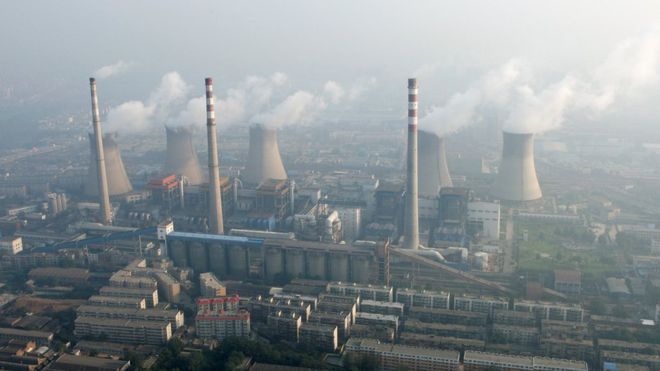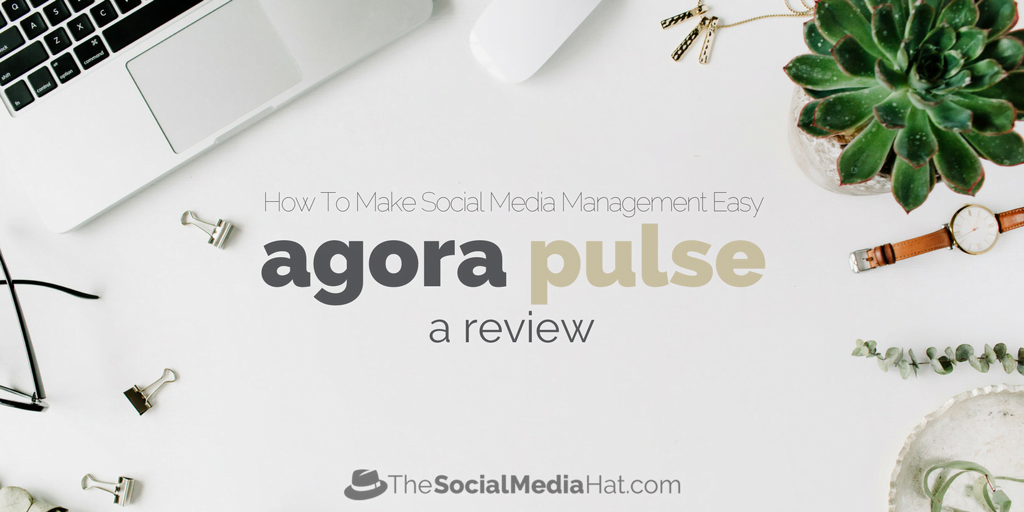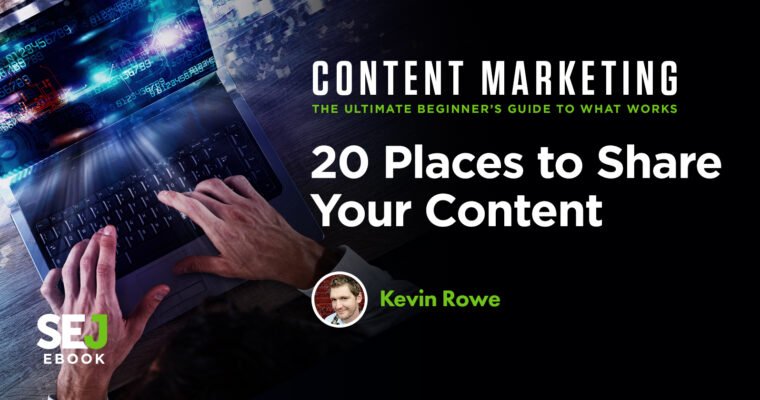The world may never know what happened in the videos Korryn Gaines posted to her Facebook page before she was shot and killed by Maryland police. It may never get to read the questions more than 2,200 Reddit users would have asked of Republican presidential nominee Donald Trump during a Q&A session on the site.
That’s because in both cases, the social-media sites blocked accounts or removed content, prompting complaints of censorship.
Experts say this is a misnomer: There is no such thing as free speech on sites owned by private companies, and censorship just might be the price of admission.
In recent weeks, Facebook, Twitter and Reddit have come under fire for pulling content, blocking accounts and cutting off conversation.
Twitter made headlines when controversial conservative blogger Milo Yiannopoulos was banned after leading racist attacks against actress and comedian Leslie Jones.
Dozens of activist groups and hundreds of thousands of people sent CEO Mark Zuckerberg a letter last week demanding that Facebook adopt a new “anticensorship” policy. The signers expressed concern about the company’s handling of the standoff Gaines had with Baltimore County police, much of which she broadcast on Facebook and Instagram before the police requested that her accounts be shut down.
The activists have asked that Facebook “stop this dangerous precedent of censoring users at the request of the police and clarify (its) policy on censoring video and other content.”
Facebook has said it is reviewing the request. But those who study freedom of expression in the Internet age said social-media companies are under no obligation to refrain from blocking users or deleting content.
“When you have someone who has an account on a social platform and they’ve put their time and energy into making connections and they know that’s where their audience is, and then they get their account shut down on that service, that absolutely feels like a huge limit on their freedom of expression and can be very disruptive,” said Emma Llanso, the director of the Free Expression Project at the Center for Democracy and Technology. “It feels like censorship. But we need to remember the difference between government-imposed censorship and a particular company not being willing to host your speech.”
Social-network operators are protected by a section of the Communications Decency Act that for two decades has absolved internet companies of any legal liability for the content that their users create. This can make the internet feel like the Wild West, a place where anything goes.
And to some degree, Llanso said, that’s true.
“The idea that you can make problematic speech go away is basically impossible to do with the internet,” she said. “If you have someone invested in making sure their speech makes it online, even if the government can get certain websites to cooperate, there’s a million other sites that can be hosts for that speech. As long as you can get an internet connection and a domain name, you can express your view.”
But social-media companies have cornered the market on expression. If you want your message heard, it’s hard to avoid them.
Facebook boasts more than 1.7 billion people who use the service every month. Twitter has 310 million, and Reddit claims 234 million. Mobile apps like Instagram and Snapchat are also rapidly growing.
To opt out of all privately owned social media is to be disconnected from much of the world, experts said.
Neil Richards, a law professor at Washington University School of Law in St. Louis, compared social networks to town squares of centuries past — an analogy social-media executives have themselves used.
“They are learning, unfortunately the hard way, that when you occupy a space in our society that allows people to express themselves, you need to let people express themselves equally and fairly, because that is the expectation,” Richards said. “They have tremendous effect on our lives and have become such a major part of the ecosystem of free expression and public debate that you can’t have a public campaign any more without a Twitter or Facebook presence, and that makes them quasi-public, more like a power company or a cable company or newspaper.”
Being compared to a public utility — a legal classification that applies to telephone and cable companies — is probably something tech companies want to avoid, experts said. It would invite a new level of scrutiny to the networks and how they’re allowed to operate. And that level of government sanction could bind them to the First Amendment’s protection of speech and expression.
As private companies, social networks are not required to adhere to the First Amendment. They set their own rules and retain the right to moderate content, routinely screening it for instances of gratuitous violence, harassment, profanity and other offensive material.
Reddit and Twitter, though they have cracked down recently, have long been accused of being too freewheeling and not effective at squelching abuse and harassment. Other social networks, like Facebook, have been accused of being too conservative — Facebook, for example, has long attracted protests for its no-nudity policy, which has resulted in the banning of photos of breast-feeding mothers.
“The quandary that these companies find themselves in is that they enjoy the freedom of not having any First Amendment liability, so they’re in this free zone,” said Morgan Weiland, a junior affiliate scholar at Stanford Law School’s Center for Internet and Society. “They also have massive responsibility because they’re dealing with people’s freedom of expression on such a large scale that people cannot opt out and still meaningfully engage with the world.”
The best thing social-media companies can do for their users, scholars said, is make abundantly clear what kind of expression they allow and engage their users in crafting a clear policy.
Reddit itself has not addressed the allegations that 2,200 users were blocked ahead of Trump’s informal question-and-answer session on the site last month, though moderators of the chat — who were volunteers, not Reddit staff — openly bragged about the removal of seemingly liberal commenters.
Twitter has recently rolled out new tools to allow users to more effectively block others who are harassing them.
Facebook is still reviewing the activists’ call for an anticensorship policy, though the company’s position on what it allows to remain on the site and what crosses the line into content that should be removed remains murky.
“A lot of these companies want to have it both ways — when they want to boost usage, they talk about their commitments to free speech and openness and equality; when they want to restrict speech to avoid liability and curate a more welcoming environment, they become more of an editor, more of a censor,” Richards said. “There is no good model right now.”
[Source:-Rutland Herald]





